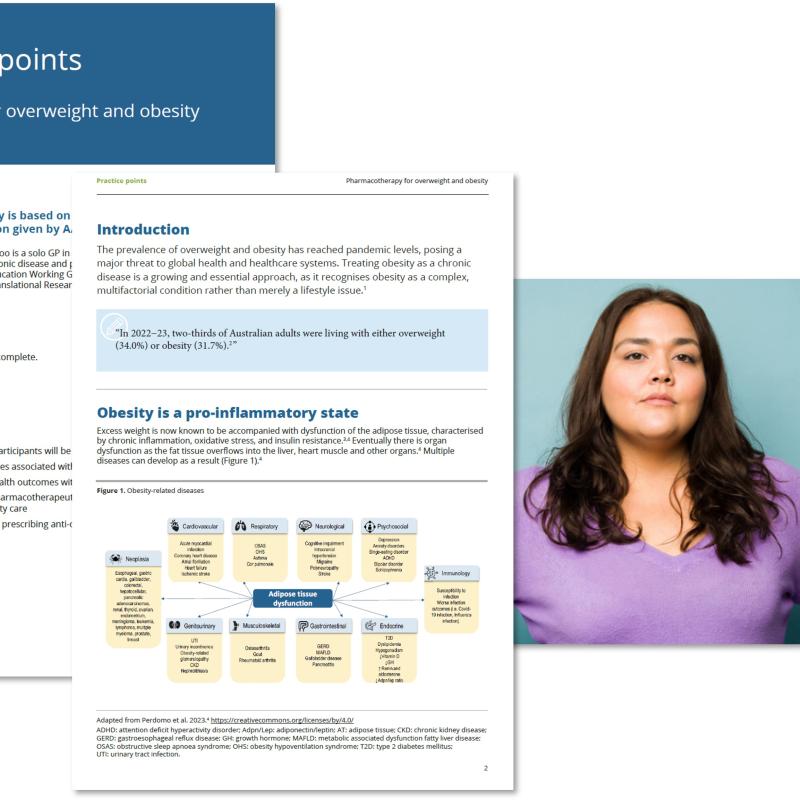Chronic kidney disease (CKD) is twice as common as diabetes and now affects over 2 million Australians, contributing to 1 in 6 hospitalisations. Furthermore, people with CKD are up to 20 times more likely to die from a heart attack or stroke than they are to progress to kidney failure.¹ Deterioration in kidney function can be reduced by as much as 50% if CKD is detected early and managed appropriately. When started early, new treatments can slow the progression of CKD by up to 15 years, or potentially longer, presenting a significant opportunity for patients in primary care.¹
Join nephrologist, Dr Richard Phoon, to discuss the latest recommendations on diagnosing and managing your patients with CKD.
Presented by Dr Richard Phoon

Dr Phoon is Senior Staff Specialist in Nephrology at Westmead and Blacktown Hospitals, Chair of the KHA-CARI Guideline for the Management of CKD among Aboriginal and Torres Strait Islander peoples and Māori, longstanding PEAK Committee member (KHA), Elected Councillor for HCF, and Treasurer/Secretary of Ballet Without Borders. He is currently principal investigator on several international trials related to CKD, glomerulonephritis and lupus.
Reference
- Chronic Kidney Disease (CKD) Management in Primary Care (5th edition). Kidney Health Australia, Melbourne, 2024.





